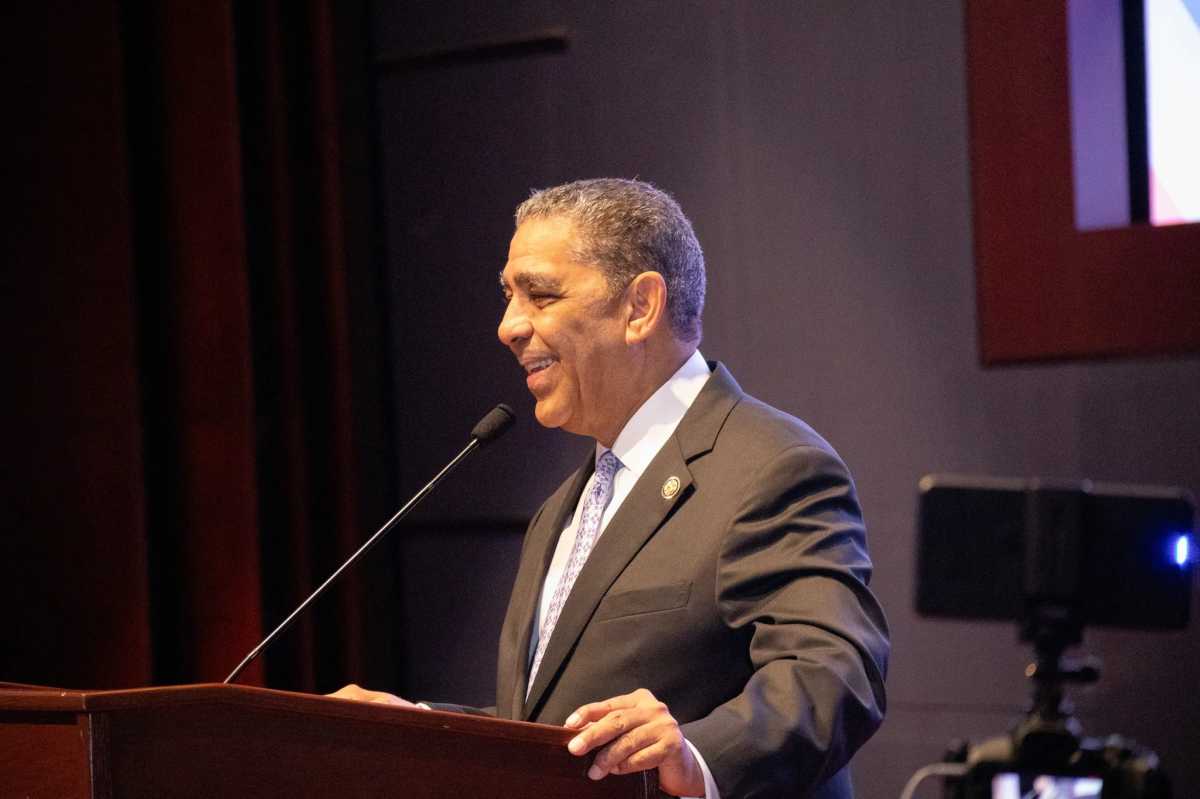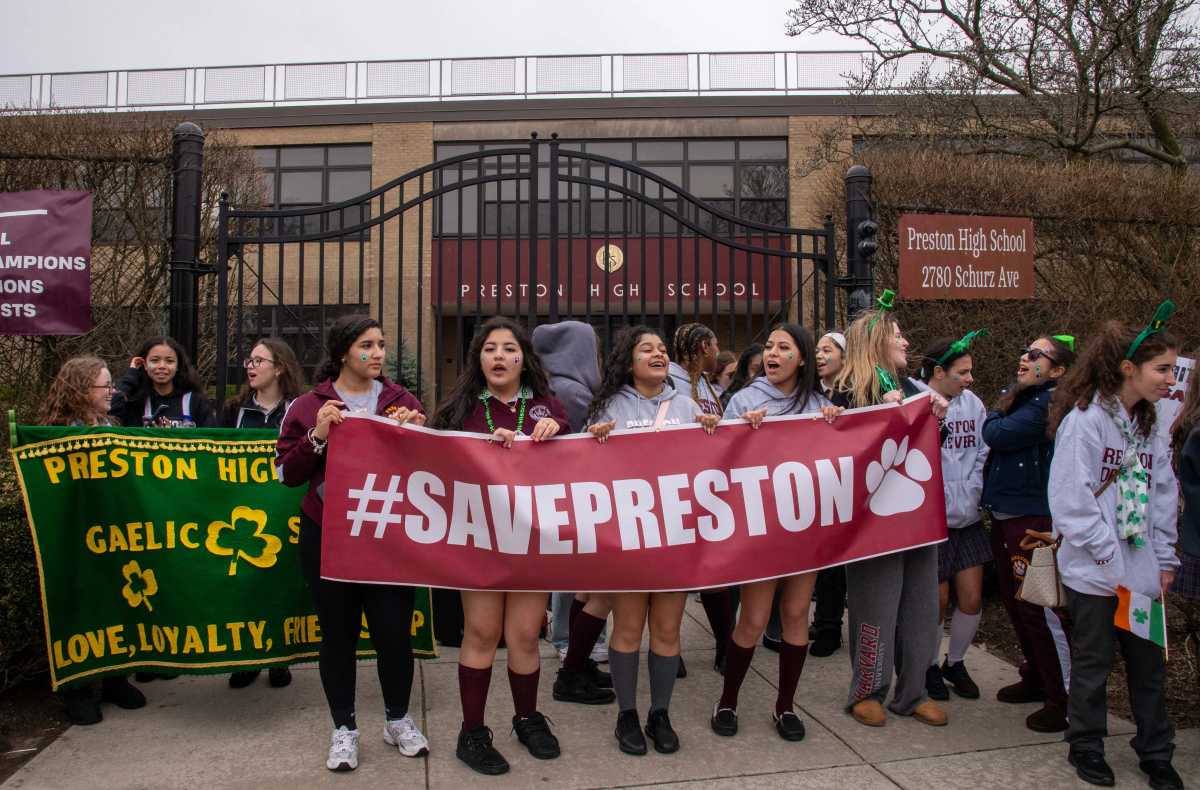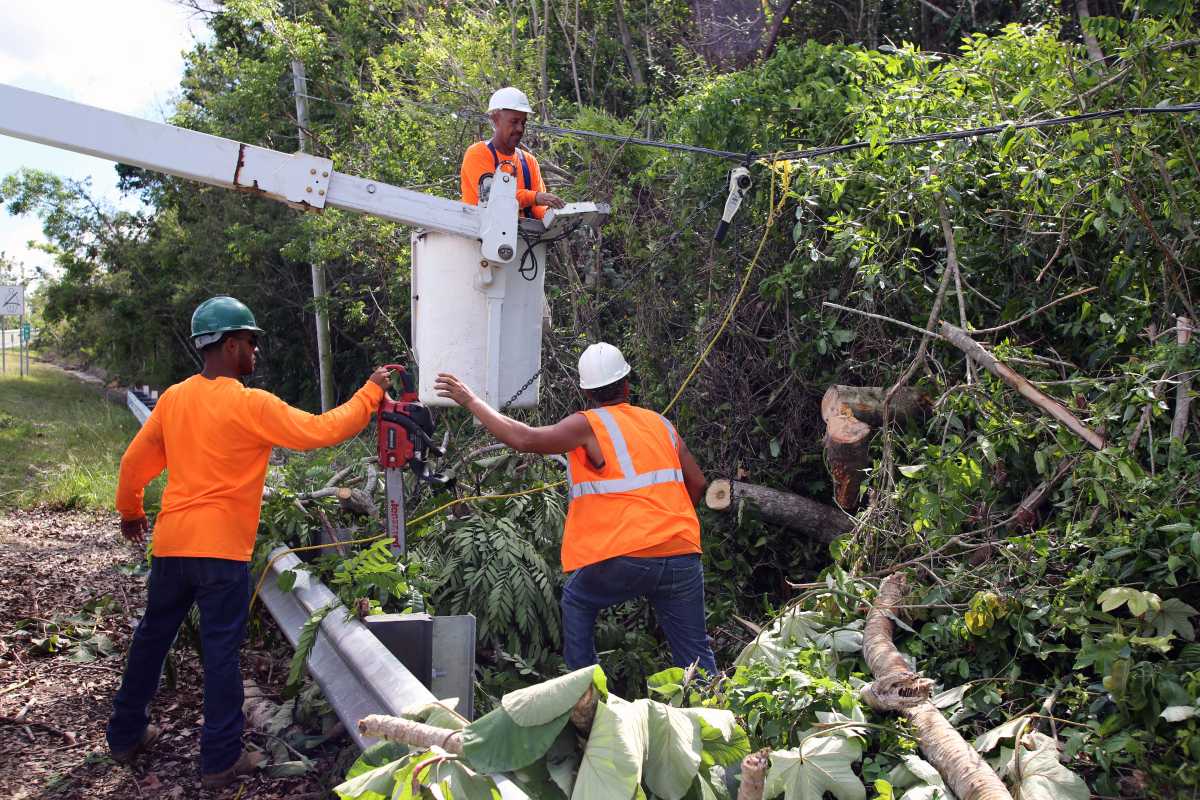The Manhattan Supreme Court in a decision dated Wednesday ruled that controversial towers slated for Two Bridges must go through the city’s full application process.
The decision by Judge Arthur Engoron vacated the city’s prior approval of modifications to a plan governing development in Two Bridges, which had authorized the residential towers.
Judge Engoron wrote that the city Department of Buildings cannot issue permits for the projects and construction on the four skyscrapers cannot proceed.
"The irreparable harm here is twofold. First, a community will be drastically altered without having had its proper say," Engoron wrote.
He also said it is important that the project go through the city’s approval process for zoning and other more significant planning changes, called the Uniform Land Use Review Procedure. "Under ULURP, the City Council’s mandatory role is not merely to advise, but to grant or deny final approval (with the Mayor). Without ULURP, the City’s legislature is cut out of the picture entirely."
The three developers involved in the project — Starrett Development, JDS Development Group and Two Bridges Associates — released a statement saying they disagreed with the ruling, "as these projects were lawfully approved and met all legal requirements.
"They were proposed after years of community consultation, public review and environmental analysis, and in compliance with zoning that’s been in place for more than 30 years," the developers said.
Community groups active in Chinatown and the Lower East Side filed a lawsuit in March challenging the city’s determination that adding some 2,775 apartments to a three-block area amounted to a minor modification of the local Large Scale Residential Development plan and only required signoff from the city’s Planning Commission. They argued the buildings should trigger the city’s more intensive ULURP process, which typically culminates in a Council vote. Lawmakers traditionally vote in lockstep with the Council member who represents the area where changes are proposed.
“This is a victory for our neighborhood,” Elaine Hoffman, vice president of the Two Bridges Tower Resident Association and a board member of Tenants United Fighting For the Lower East Side, said in a statement. “When community members join together, we have the power to stop multimillion dollar developers from trampling on our neighborhoods.”
Locals railed against the projects, which they argued would drive up rents, increase incentives for landlords to turnover tenants and overwhelm Two Bridges with an influx of residents.
Mayor Bill de Blasio’s administration said the four towers, spread across three projects, would have included nearly 700 units available at below-market rates. The developers committed to opening up more than an acre of open space, improving parkland and paying for the construction of two elevators at the East Broadway subway station.
“We are disappointed by the court’s ruling impacting a project expected to add hundreds of affordable housing units and improve transit infrastructure for the community," Nick Paolucci, a spokesman for the Law Department, said in a statement. "We are considering the city’s legal options."
The developers promised to "appeal this decision in the near future."



































